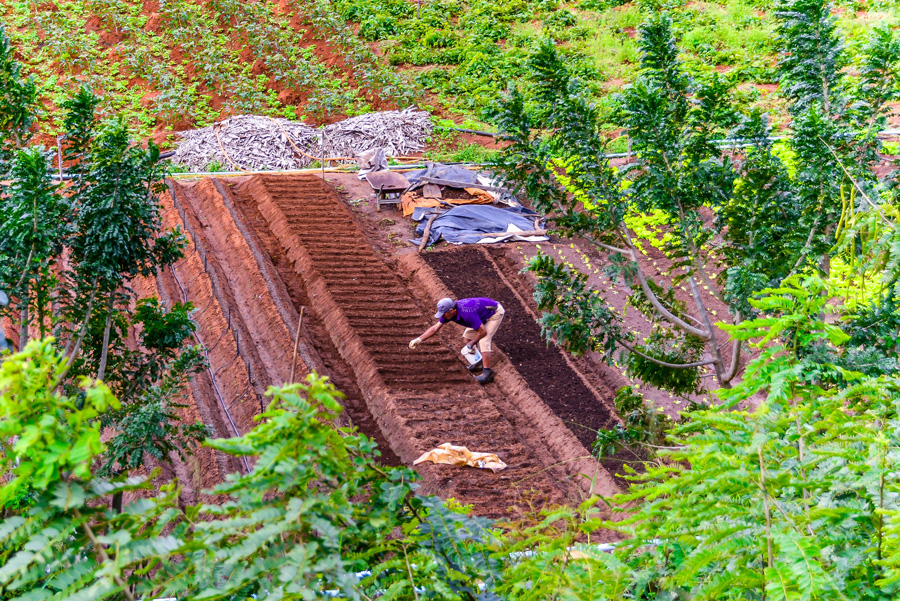Soils are key to life on Earth. They help to maintain a balanced climate and ensure sustainable productivity. In the context of the SDGs healthy soils are a major component of sustainable agricultural production if used wisely can support poverty alleviation and ecosystem resilience. However, across the globe long term soil health is often overlooked resulting in increasing rates of land degradation in a relatively short timeframe.
In this webinar we will look at the drivers of soil degradation, we will learn about the scale and geographical scope of the various types of soil degradation and their consequences. We will take a look at how the core functions of soil are broken when degradation occurs and how this can be mapped. We will then see how the impact of the degradation can be manifested economically through reduced yield and revenues for farmers, and how healthy soils can be incentivised. Finally looking at how soil health could be monitored on a wide scale and the potential of remote soil carbon monitoring.
This webinar will present tools, concepts and models related to soil carbon, soil quality and soil degradation to meet sustainable development goals under climate and land use change.
Featuring:
Ruth Sitienei – Soil Scientist at the Africa Program of The Nature Conservancy (TNC), Kenya
Nicholas Jarvis – Professor in Soil Science at the Department of Soil and Environment SLU
Dagmar Henner – Ph.D Research Student on modelling the impacts of second-generation bioenergy crops on ecosystem services, University of Aberdeen
Kristin Piikki – Associate Professor in Soil Science at the Department of Soil and Environment SLU
Moderating – Matthew Fielding, Research Fellow at the Stockholm Environment Institute and Deputy Director of SIANI.
This webinar is part of the Agri4D 2019
